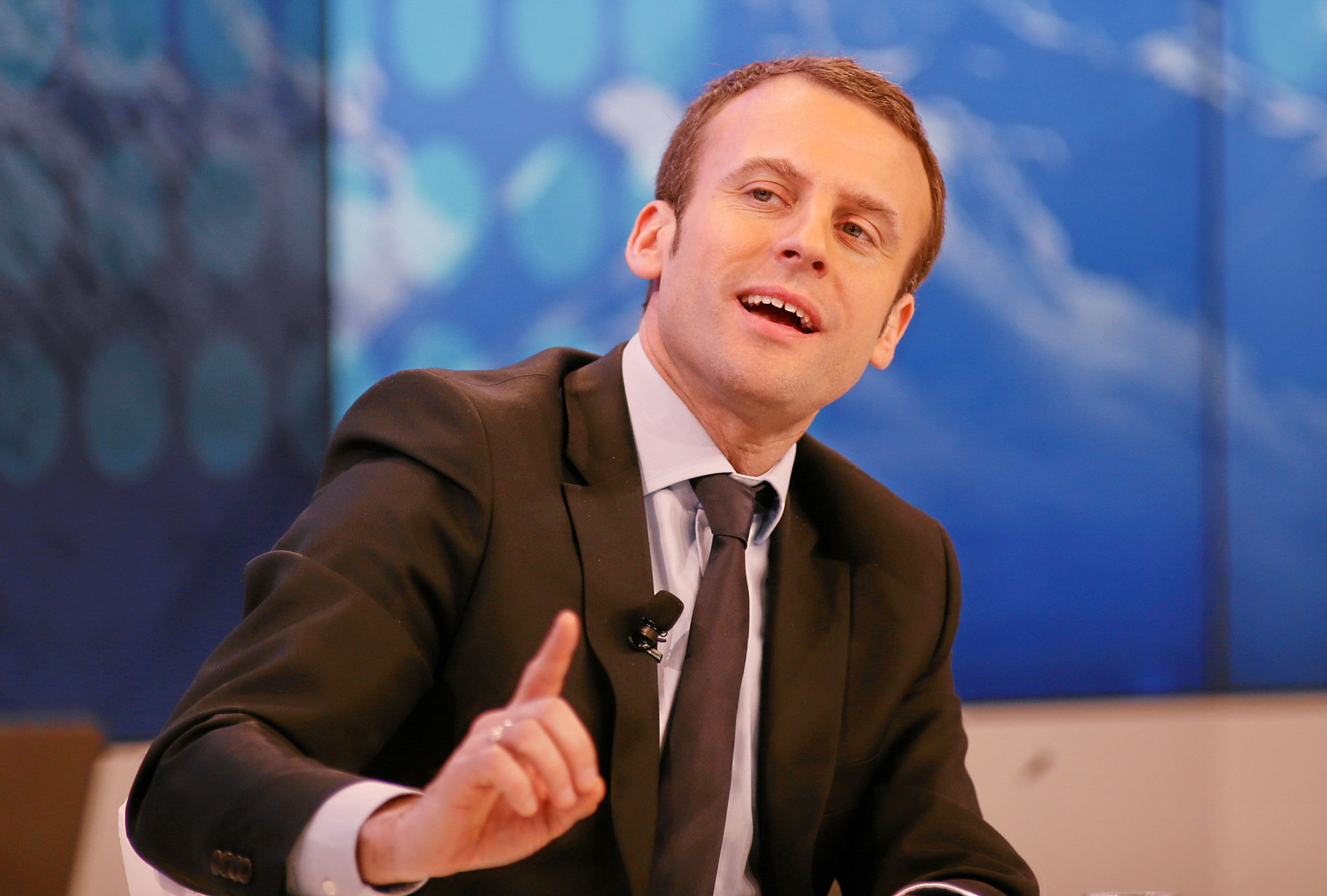
Emmanuel Macron – via Flickr (World Economic Forum)
The day after his inauguration as president of France on May 14th, Emmanuel Macron signaled his dedication to European unity by jetting off to Berlin to meet with Angela Merkel. The two leaders used the occasion to underline their commitment to the European Union and to discuss potential bilateral cooperation on areas such foreign policy, defense, and common asylum proposals.
There is no issue where Macron will need Merkel’s support more than the common asylum. At the moment, the European response to the ongoing migrant crisis consists mainly of talking big and pledging funds. Yet neither Macron nor any of his peers have offered a comprehensive answer for difficult, long-term questions such as resettlement.
It remains to be seen whether the optimistic, yet thin-on-details Macron will be able to change the response to the crisis. If he does not, this will amount to a massive missed opportunity.
After all, the migrant crisis was one of the most divisive issues of the French elections. Far-right politician Marine Le Pen skillfully exploited both the crisis and the Islamist-inspired terror attacks that have hit the country. She told voters she planned to close the country’s borders to refugees and cut immigration to no more than 10,000 people per year.
Macron, however, emphasized the need to address the humanitarian aspects of the crisis, praising Merkel’s open door refugee policy for rescuing “our collective dignity.” He called for a more unified European response to the crisis, demanding stronger European borders and a revisiting of the Dublin Regulation so that countries like Greece would not be forced to shelter the lion’s share of migrants.
Macron’ statements signal an important shift in French policy, but do not suggest any ground-breaking changes in how Europe will approach these issues.
So far, at least, fundraising efforts have gone reasonably well. In February 2016, international donors pledged a record $12 billion at the London Conference on Supporting Syria, co-hosted by the UN and the governments of the UK, Kuwait, Germany, and Norway. Then-Secretary General Ban Ki-moon said that it was the first time the international community had raised that amount of money on a single day.
The latest fundraising conference in April was overshadowed by a deadly chemical attack by the Syrian government, but with only $6 billion in pledges, it did not match the precedent set in 2016.
While some of these numbers might sound impressive, it is clear that European donors, in particular, could do more to address the humanitarian crisis. Kuwait, for instance, has not only hosted and co-hosted numerous conferences, but has pledged far more funds in proportion to its GDP than states like Germany.
At the latest conference, the Emir of Kuwait and the government committed $100 million for 2017 and another $100 million for 2018. This is roughly twice as much in relation to GDP as what Berlin pledged. Given the fact that the EU is the largest economy in the world, it is clear that both the European Commission and individual member states could do more on this front.
In addition to failing to commit enough funds to address the humanitarian crisis in Syria, Europe has dropped the ball on refugee management and resettlement.
While the tenuous EU-Turkey border agreement has had middling success, with the number of migrants traveling from Turkey to Greece per day dropping from 1,740 pre-deal to 48 in June, migrants continue to enter Europe through other access points.
Italy, for instance, experienced a surge in migration after the closing of the deal, with a new record of 171,000 migrants arriving from Africa as of November 2016.
Meanwhile, nearly every European state continues to refuse to take their fair share of refugees. Even the one exception, Germany, has experienced a severe public backlash from its initially welcoming refugee policy following terrorist attacks in July and December. The government has since made it significantly more difficult for refugees to gain asylum.
This situation could leave Macron as one of the sole voices in Europe still vehemently advocating for a humanitarian response to the crisis.
The main issue is that for such a response to succeed, the root causes of the refugee crisis—the conflict in Syria and economic deprivation in Africa—will eventually have to be addressed. Unfortunately, this is where no European leader, including Macron, has brought any comprehensive policy proposal to the table.
On Syria, Macron has gone from saying France should talk to “all parties” involved in the crisis to calling for a military intervention under the aegis of the UN—without explaining how he would go about squaring that circle.
Of course, Syria is far from Europe’s only concern. More than half of all conflicts that have contributed to the refugee crisis are located in African countries like Libya and Nigeria. Droughts in Ethiopia and Eritrea have worsened the problem. Yet Macron hardly said anything about his Africa policy during the campaign.
At this point Macron might succeed in shifting the rhetoric of the response to the refugee crisis but not much else. This would be a drastic disappointment for a head of state basking in the glory of having “saved France”. If Macron is serious about the European project, he’s going to have to do more than talk about policy priorities with Merkel and the rest of his peers, but sit down and answer some uncomfortable questions. Otherwise, the likes of Le Pen will have a real chance of taking the elections the next time around.